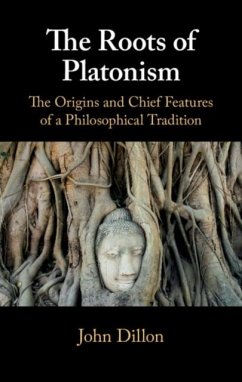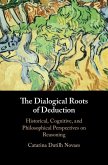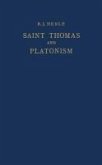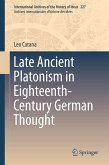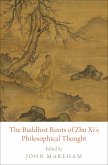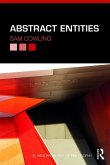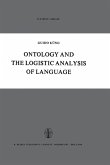How does a school of thought, in the area of philosophy, or indeed of religion, from roots that may be initially open-ended and largely informal, come to take on the features that later mark it out as distinctive, and even exclusive? That is the theme which is explored in this book in respect of the philosophical movement known as Platonism, stemming as it does from the essentially open-ended and informal atmosphere of Plato's Academy. John Dillon focuses on a number of key issues, such as monism versus dualism, the metaphysical underpinnings of ethical theory, the theory of Forms, and the reaction to the Sceptical 'deviation' represented by the so-called 'New Academy'. The book is written in the lively and accessible style of the lecture series in Beijing from which it originates.
Dieser Download kann aus rechtlichen Gründen nur mit Rechnungsadresse in A, B, BG, CY, CZ, D, DK, EW, E, FIN, F, GR, HR, H, IRL, I, LT, L, LR, M, NL, PL, P, R, S, SLO, SK ausgeliefert werden.

